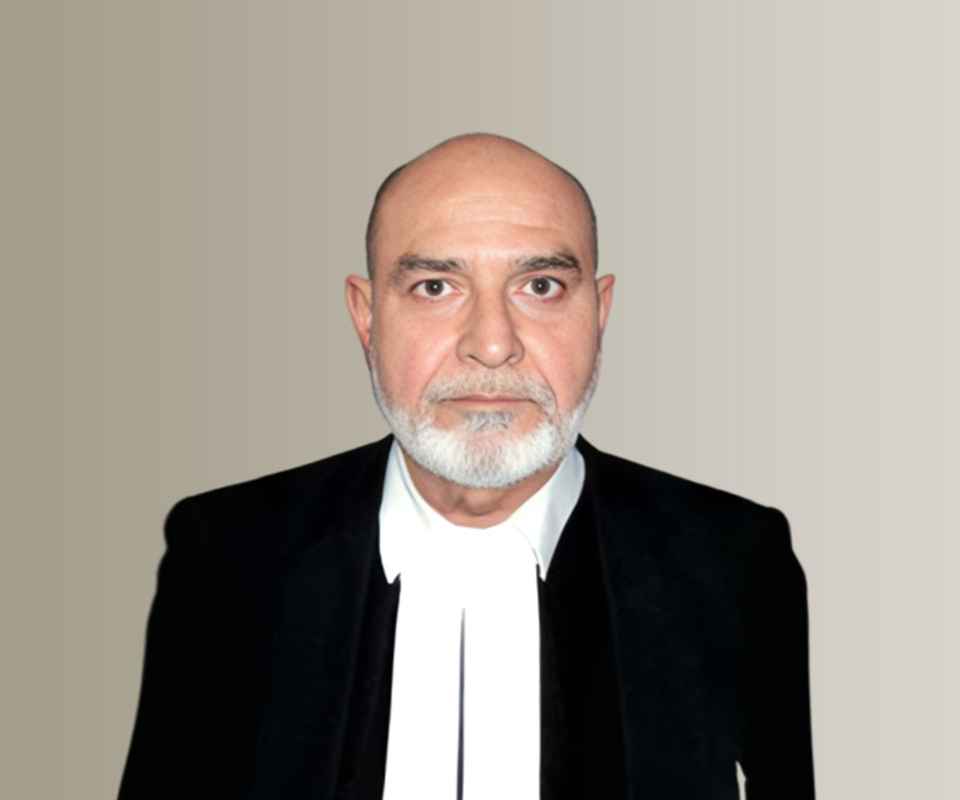Answer By law4u team
Bharatiya Nagarik Suraksha Sanhita, 2023 - Section 485: Special powers of High Court or Court of Session regarding bail
(1) A High Court or Court of Session may direct, —
- (a) that any person accused of an offence and in custody be released on bail, and if the offence is of the nature specified in sub-section (3) of section 482, may impose any condition which it considers necessary for the purposes mentioned in that sub-section;
- (b) that any condition imposed by a Magistrate when releasing any person on bail be set aside or modified:
Provided that the High Court or the Court of Session shall, before granting bail to a person who is accused of an offence which is triable exclusively by the Court of Session or which, though not so triable, is punishable with imprisonment for life, give notice of the application for bail to the Public Prosecutor unless it is, for reasons to be recorded in writing, of opinion that it is not practicable to give such notice:
Provided further that the High Court or the Court of Session shall, before granting bail to a person who is accused of an offence triable under section 64 or section 70 of the Bharatiya Nyaya Sanhita, 2023, give notice of the application for bail to the Public Prosecutor within a period of fifteen days from the date of receipt of the notice of such application.
(1A) The presence of the informant or any person authorised by him shall be obligatory at the time of hearing of the application for bail to the person under section 64 or section 66 or section 70 of the Bhartiya Nyaya Sanhita, 2023.
(2) A High Court or Court of Session may direct that any person who has been released on bail under this Chapter be arrested and commit him to custody.
Brefe Detail
Section 485 of the Bharatiya Nagarik Suraksha Sanhita, 2023 outlines the special powers of the High Court and the Court of Session regarding bail. It allows these courts to release individuals accused of offenses on bail and modify any conditions set by Magistrates. The section mandates that the Public Prosecutor be notified in certain cases and specifies requirements for the presence of informants during bail hearings.
Question & Answers
Q1: What powers do the High Court and Court of Session have under Section 485 regarding bail?
A1: They can direct the release of a person in custody on bail and modify conditions imposed by a Magistrate.
Q2: When must the High Court or Court of Session notify the Public Prosecutor regarding a bail application?
A2: They must notify the Public Prosecutor before granting bail in cases triable exclusively by the Court of Session or punishable with life imprisonment. Additionally, they must notify the Prosecutor within fifteen days for offenses under sections 64 or 70 of the Bharatiya Nyaya Sanhita, 2023.
Q3: Is the presence of the informant required during bail hearings?
A3: Yes, the presence of the informant or an authorized person is obligatory during hearings for applications under sections 64, 66, or 70 of the Bharatiya Nyaya Sanhita, 2023.
Q4: Can a High Court or Court of Session revoke bail?
A4: Yes, they may direct that any person released on bail be arrested and committed to custody.
Example
1. Scenario: A person accused of a serious offense is in custody and applies for bail.
Action: The High Court reviews the application and decides to grant bail with specific conditions.
Outcome: The individual is released but must comply with the conditions set by the Court.
2. Scenario: A bail application is submitted for a person accused under section 64 of the Bharatiya Nyaya Sanhita.
Action: The High Court notifies the Public Prosecutor and schedules a hearing.
Outcome: The informant appears at the hearing, and the Court makes a decision regarding bail.
Summary
Section 485 of the Bharatiya Nagarik Suraksha Sanhita, 2023 grants the High Court and the Court of Session special powers related to bail. They can release individuals in custody, modify conditions, and must notify the Public Prosecutor in certain serious cases. The presence of informants is required during specific bail hearings, and the courts can also revoke bail if necessary.







